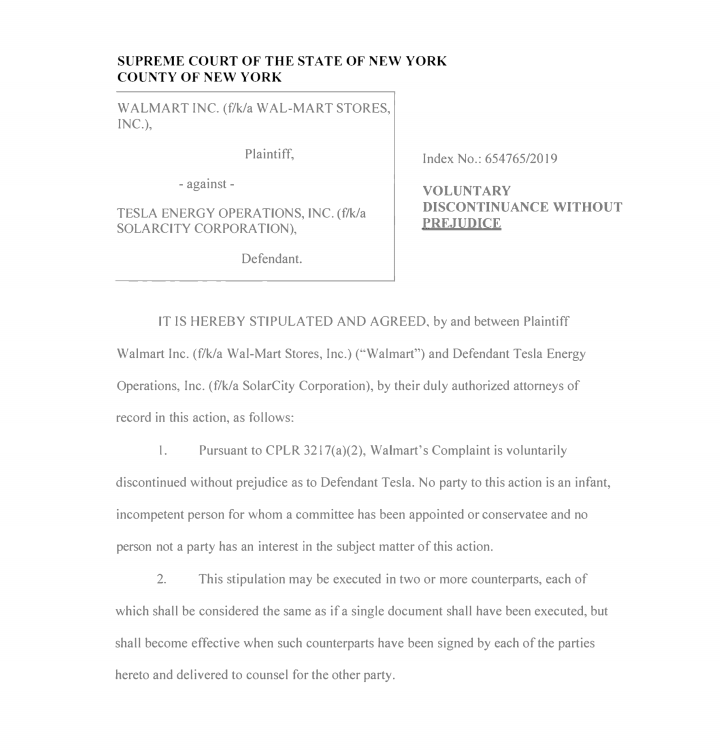Tesla was recognized as the only manufacturer to receive the highest possible score on Moody’s Carbon Transition Assessments (CTAs). The CTA measures an automotive company’s ability to transition to a “low carbon future”, according to the research and analytics group based in Manhattan, New York.
Moody’s uses a multi-point scale, CT-1 being the highest rating and CT-9 being the lowest, to determine a company’s readiness to quickly transition to a cleaner vehicle that will emit zero emissions. “Our new assessment gives us a way of monitoring progress in aligning with the low carbon transition,” Vice President and Senior Credit Officer of Moody’s James Leaton said. “2020 is set to be a critical year for automakers proving whether they can deliver electric vehicles at scale to achieve compliance in Europe and China.”
20 vehicle manufacturers were the subjects of the testing and only Tesla was able to receive the highest score of CT-1 from Moody’s. BMW, Honda, Toyota, Geely, and Beijing Automotive Group all received high marks as well, though their respective scores were still notably lower than those of the Silicon Valley-based electric car maker.
Moody’s suggested at least half of the automakers who were apart of the survey are in need of significant spending to achieve a fleet of at least 25% battery-powered or plug-in hybrid vehicles within a 10-year time frame. The analytics group believes at least one-quarter of a manufacturer’s vehicles should be geared toward electric power of some kind in order to meet the International Energy Agency’s (IEA) guidelines for sustainability.
The future of electric vehicles has grown significantly within the past few years. Many large auto manufacturers who have made a name for themselves by producing traditional combustion engine vehicles are making the transition to building electric cars. Moody’s stated they expect the growing demand for electric cars to contribute to an expedited transition for more intensive emissions testing. Some countries have set petrol phase-out goals and Moody’s believes the increased effort to produce electric vehicles from large manufacturers is crucial to meeting these deadlines.
The growth of electric cars is paired with the decreasing appeal of diesel vehicle sales as well. Not only did the sales of electric and hybrid cars rise by almost 30 percent year-on-year in October, but sales of pure EVs rose almost three-fold, as noted by Business Green in a report. In another report from the Society of Motor Manufacturers and Traders (SMMT), demand for electric-powered vehicles is soaring, while interest in diesel vehicles is falling at a rapid rate.
Critics of the electric vehicle movement have spread narratives of electric vehicles causing more environmental damage than traditional combustion engine vehicles. Moody’s assessment of the twenty car manufacturers puts an end to this argument. Tesla is clearly leading the way in terms of transitioning the future of transportation to more sustainable options, due to its recognition as the only automaker with the highest possible score. With large manufacturers making the transition to more sustainable vehicles, the future of clean transportation has arrived.

<!–
–>



